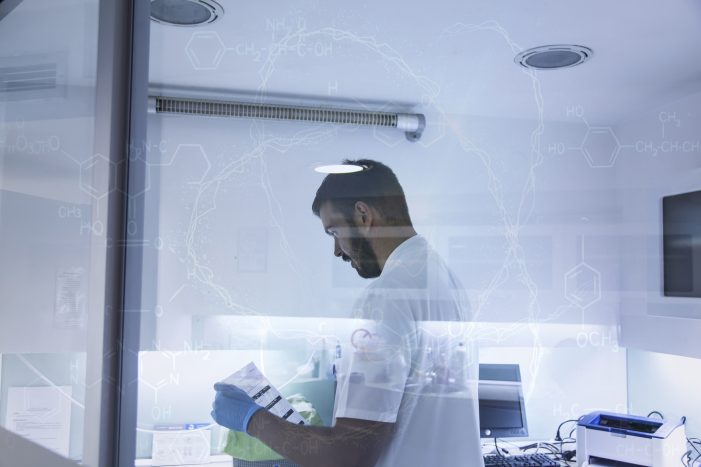
The U.S. Department of Justice (DOJ) recently announced criminal charges against Zishan Alvia, owner of Laboratory Elite, a SARS-CoV-2 virus testing laboratory in Chicago accused of a scheme in which Alvia obtained $83 million by fraudulently billing the U.S. Health Resources and Services Administration’s (HRSA) Uninsured Program for reimbursement for SARS-CoV-2 tests.1 HRSA’s Uninsured Program used federal funds to help cover the cost of coronavirus testing for those people without medical insurance.2
Illinois Acting U.S. Attorney Morris Pasqual said:
The charges in this case allege that the defendant disregarded public health concerns in favor of personal financial gain. Doing so by compromising taxpayer-funded programs intended to fight the spread of coronavirus was particularly reprehensible.3
Lab Owner Delivered Inaccurate, Unreliable Coronavirus Test Results
According to documents filed in the U.S. District Court Northern District of Illinois, Alvi submitted fraudulent claims to HRSA, which included SARS-CoV-2 tests that clients had paid for but had not been performed or tests that were modified, and he also tampered with the testing protocols.4
Prosecutors said that Alvi told his employees to falsely claim that SARS-CoV-2 tests had been performed when specimens were being discarded without being tested. The laboratory also provided false SARS-CoV-2 test results to consumers without testing their specimens.5
Employees were also directed to alter the testing method to cut costs and increase profits by using less of the materials need for PCR tests, while knowing that it would make the tests unreliable.6
Alvi is charged with ten counts of wire fraud and one count of theft of government funds. He used the money from the laboratory to buy multiple luxury cars, had more than $6 million in his personal bank account and used the funds to invest in stocks and cryptocurrency.7
Lenient Coronavirus Lab Testing Regulations Resulted in Fraud
During the COVID-19 pandemic, the U.S. government made provisions that made it easy for providers to conduct coronavirus testing. Relaxed regulations for laboratories led to significant exploitation. Laboratory owners were taking advantage of a regulatory loophole that allows laboratories to register, test and bill before inspectors complete a Clinical Laboratory Improvement Amendments (CLIA) certificate survey.8
Richard Scanlan, PhD, professor of pathology and laboratory medicine at Oregon Health and Science University said:
There are insatiable demands for testing and a lot of money floating around. Undoubtedly, people see that as an opportunity.9
If you would like to receive an e-mail notice of the most recent articles published in The Vaccine Reaction each week, click here.
Click here to view References:
No comments:
Post a Comment